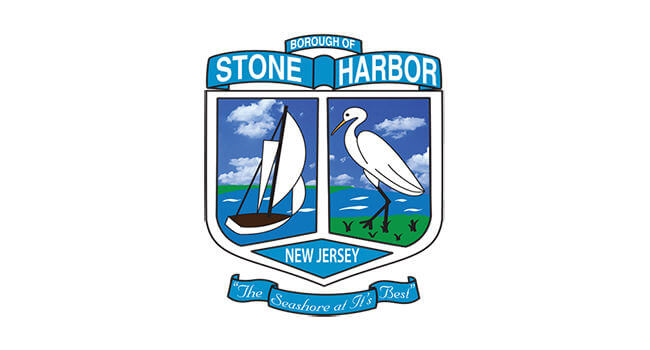STONE HARBOR – The Borough Council has allotted $375,000 in its 2024 municipal budget for a feasibility study on the establishment of a stormwater utility.
The borough requested a state grant to conduct such a study in November 2022, but did not receive it. Putting municipal funding in a tight 2024 budget demonstrates a commitment to seriously exploring the concept of such a utility.
Stormwater utilities are not new. Over 1,700 of them are in operation across 40 states, but there are none operational in New Jersey. They represent a fee-based approach to funding maintenance and improvement of public stormwater systems.
The University of North Carolina Environmental Finance Center says that such utilities “cluster around urban areas,” but even their decisions to use stormwater utilities are not uniform. Some states provide most of the homes for such utilities, states like Florida, Texas, Minnesota and Oregon.
The theory is that the utilities, once established, have the authority to set fees for individual properties. The fees are proportional with the stormwater runoff from that property. Unlike property taxes, the value of the property does not determine the fees.
The frequency of heavy rain events coupled with aging stormwater infrastructure in many state municipalities led New Jersey to offer the option of municipal stormwater utilities. Stormwater runoff is one of the largest sources of pollution for New Jersey waterways.
The stormwater utility presents an option for funding improvements that hits hardest at the properties that are responsible for the greatest amount of stormwater runoff. It removes the municipal burden of funding many of the necessary improvements to stormwater infrastructure from the property tax levy. It also creates an incentive for property owners to reduce the amount of their runoff as a way of reducing the fees they pay.
When New Jersey passed legislation in 2019 that authorized the creation of municipal stormwater utilities, opponents, mostly Republicans, tagged the legislation as the “rain tax.” At the time of the legislation’s passage, the New Jersey Business and Industry Association said, “This law adds yet another tax to our already overburdened residents and businesses.”
One concern about the utility concept is that it follows after many New Jersey towns have been built out, attaching new fees to properties based on the level of impervious surfaces that could lead to overburdening commercial sectors.
The concept of the utility is straightforward, but there is no set formula for fees, no general definition of impervious surfaces and no cap on annual increases. There are multiple methodologies for establishing utility rate structures. All of the details are part of what the feasibility study will tackle.
Many advocates of stormwater utilities, including the New Jersey Stormwater Utility Resource Center, say that building public support is critical to success and that the best way to do that is strong public involvement in the development of the concept.
While revenues of a stormwater utility are dedicated to efforts to reduce runoff and consequent flooding, there is an exception.
The 2019 state law that authorizes such utilities requires that 5% of all fees collected by the local utility be sent to the state for use by the Department of Environmental Protection for stormwater management efforts. Up to another 5% can be levied by the municipality in support of the local budget.
Some opponents of the utilities see this flow of funds to the state and towns as proof that the law is just a way to create a new revenue stream unencumbered by the 2% cap that limits municipal budgets.
Under the state law, the stormwater utilities will also have the ability to take on debt through bonds and notes to fund capital projects.
Contact the reporter, Vince Conti, at vconti@cmcherald.com.








